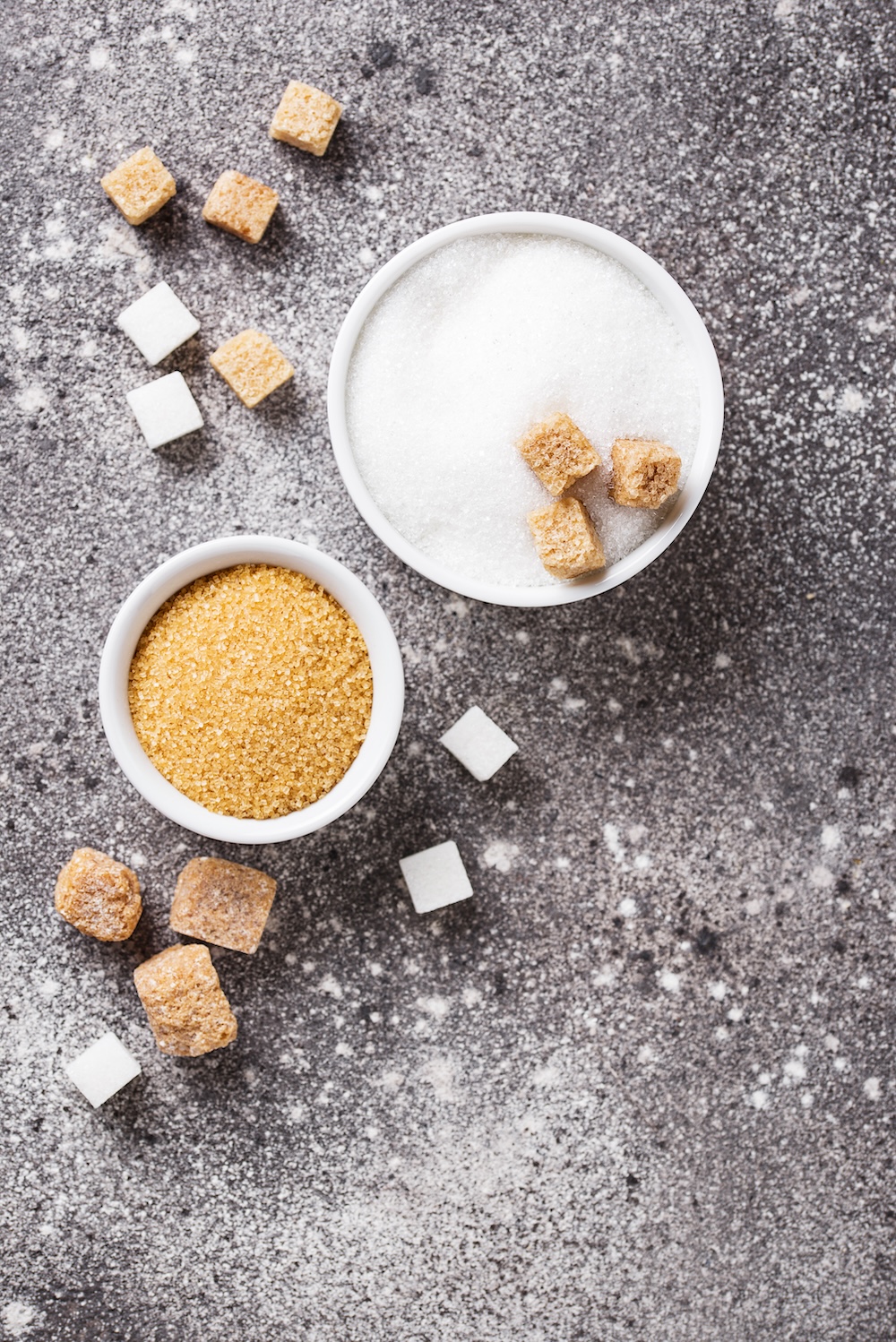March is National Nutrition Month and an important thing to consider for your child’s diet is how much added sugar they’re consuming. Sugar is found in a variety of food, drinks, and snacks. It can even sneak up in foods and condiments that people wouldn’t expect such as crackers, breads, ketchup, etc. Because added sugar is so commonly found, many children consume more sugar than what is considered safe and healthy. Excess consumption of added sugar can lead to conditions like obesity, type 2 diabetes, high cholesterol, and heart disease, and it can weaken the immune system as well. Limiting your child’s sugar intake is a key part to maintaining a healthy diet.
Keep in mind though that not all sugars are the same. Natural sugar, which is found in whole foods like fresh fruits, starchy vegetables, whole grains, and other complex carbs, is safe to consume. In fact, foods that contain natural sugar are beneficial because they’re rich in nutrients and fiber, which slows down the digestion of sugar. Natural sugar is also important to prevent hypoglycemia, which occurs when the blood sugar level is too low, leading to fatigue and dizziness. Consuming natural sugar from fruits and other whole foods provides your children with energy. But unlike natural sugar, added sugar and refined sugar are added to foods that don’t naturally have them. These sugars come in various names and types, such as high-fructose corn syrup, brown sugar, molasses, honey, malt syrup, and raw sugar. Processed sugar in particular is the most harmful and should therefore be the most limited. This type of sugar is typically found in soda, candy, packaged snacks, and baked goods.
We recommend looking out for packaged foods advertised as “healthy,” including breakfast cereals, as these can contain a significant amount of added sugar. No more than 25 grams of added sugar (about 6 teaspoons) or more than 10% of calories should be consumed on a daily basis. The best way to ensure that your child is not going over these limits is to read the list of ingredients and nutrition facts labels carefully. For tips on how to read labels, check out this resource from the American Academy of Pediatrics. Children under 2 years of age shouldn’t consume any added sugar.
Another important thing to be aware of is that sugar-containing beverages like soda and juice, as well as candies, tend to be more harmful than many sugar-containing snacks. The reason for this is because they’re known as having “empty calories” without any nutrients or fiber to aid in digesting the sugar. Treat these as treats for special occasions so that your child doesn’t develop a habit of consuming them. If your child has a strong sweet tooth, the best option to satisfy it is by giving them fruits like bananas, apples, pears, strawberries, grapes, watermelon, plums, etc.
If you have any questions or concerns about your child’s diet, please contact our office. Our pediatrician can guide your family on healthy eating.




